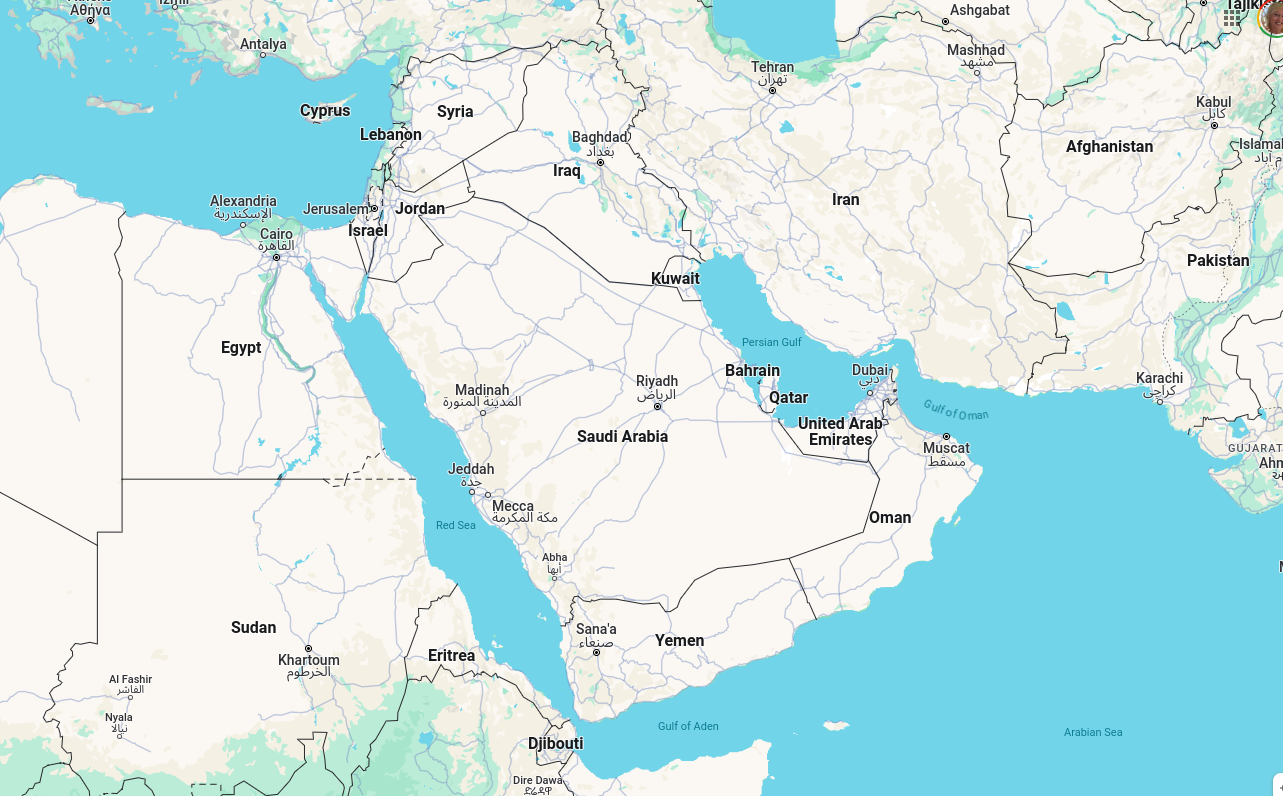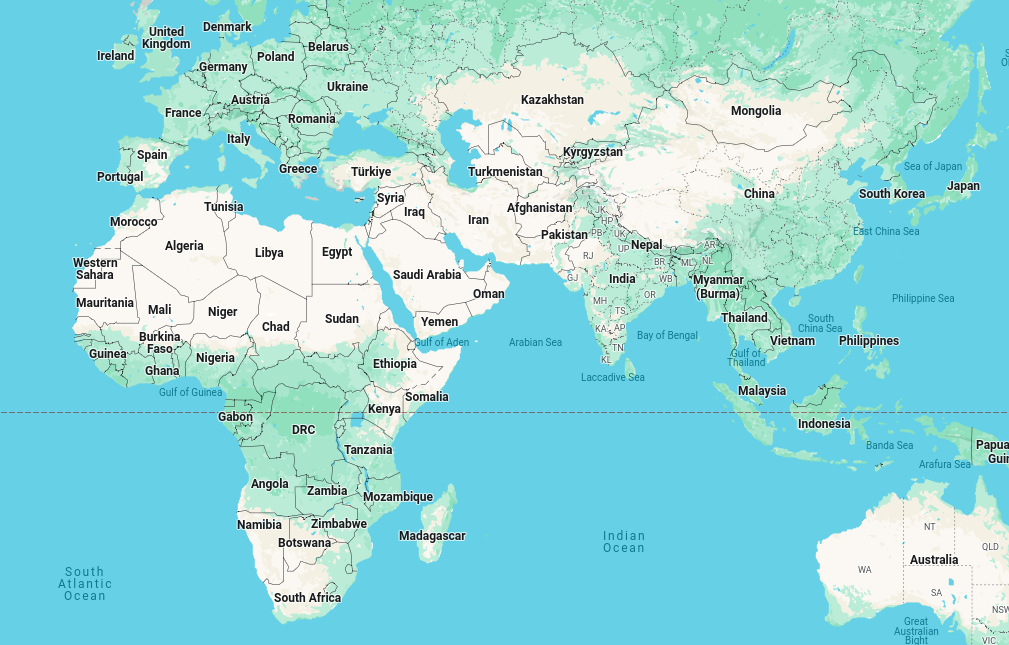
Images:Googie Maps
January 2, 2024 – In a recent development, Maersk, has temporarily suspended its transit through the Red Sea for 48 hours. This decision comes in the wake of an attack on one of its vessels, the Maersk Hangzhou, by Houthi rebels. The incident occurred on Saturday evening and Sunday morning, prompting a swift response from the United States Navy, present in the area.
According to official statements, three out of the four attacking boats were successfully neutralized by the U.S. Navy, with the fourth reportedly fleeing the scene. The Central Command, a combatant command of the U.S. Department of Defense, confirmed the engagement on its social media platform. Helicopters deployed from two U.S. frigates in the region played a crucial role in thwarting the attack.
Maersk has reassured that the crew of the Maersk Hangzhou remains unharmed, allowing the vessel to resume its journey after the security situation was brought under control.
The maritime industry is navigating turbulent waters as the new year kicks off, grappling with heightened tensions sparked by Houthi attacks in the Red Sea. According to the Shanghai Containerized Freight Index (SCFI), container rates between China and Europe have skyrocketed, reaching a staggering $2694 per twenty-foot container. This surge marks a significant escalation from the pre-Christmas pricing of $1497 and a substantial leap from the $851 recorded at the beginning of December.

Images:Googie Maps
The increased rates can be attributed to the precarious situation in the Red Sea, where Houthi attacks have disrupted trade routes and raised concerns about the security of maritime transportation. Shipping companies are facing unprecedented challenges, and the surge in container rates reflects the impact of geopolitical events on global trade dynamics.
As tensions persist, stakeholders in the maritime, breakbulk, project cargo, and logistics sectors must closely monitor the situation. The volatility in container rates underscores the industry’s vulnerability to external factors, necessitating a strategic and adaptive approach to navigate these uncertain times.
Notably, as BBN had reported, just days before this incident, Maersk had decided to resume operations for almost all its ships in the area. Major shipping companies, including Maersk and Germany’s Hapag-Lloyd, had previously halted Red Sea routes earlier in the month due to attacks by Houthi rebels from Yemen. These attacks were perceived as retaliatory measures against Israeli bombings in the Gaza Strip.
Maersk attributed the resumption of operations to a military initiative led by the United States aimed at safeguarding ships in the region. Despite this, the recent attack has prompted a temporary halt, demonstrating the volatility of the situation in the Red Sea.
The shipping industry, particularly in the Red Sea region, continues to grapple with security challenges arising from geopolitical tensions. There is a renewed focus on the need for robust security measures to ensure the safety of crew and vessels transiting through these strategic waterways.

